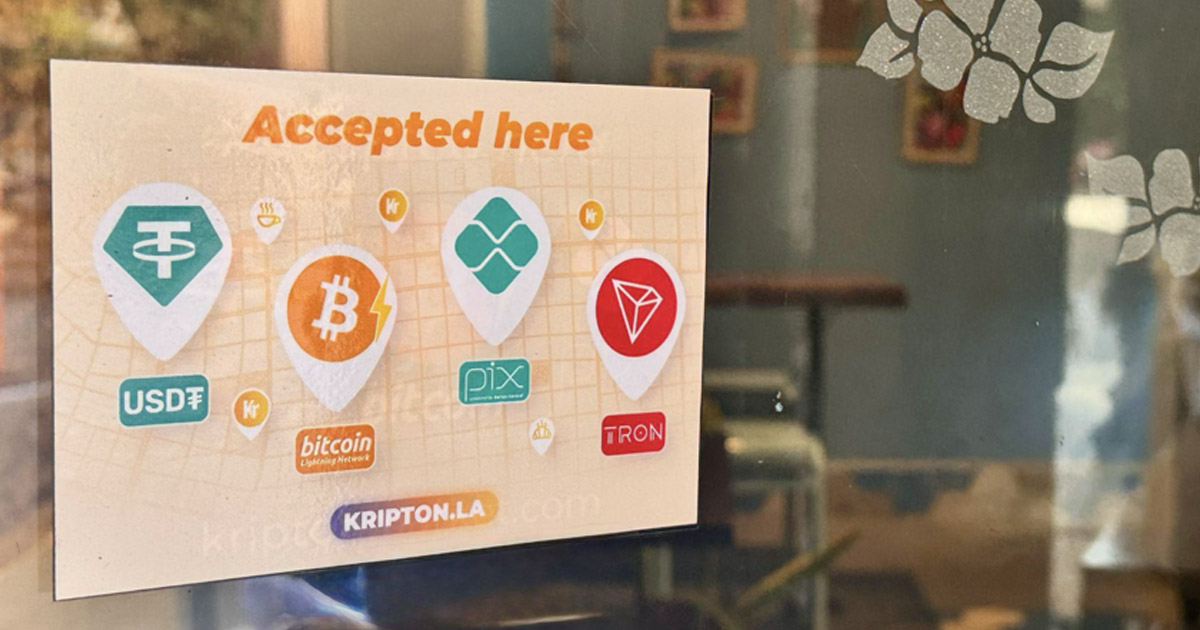 CaryptosHeadlines Media Has Launched Its Native Token CHT.
Airdrop Is Live For Everyone, Claim Instant 5000 CHT Tokens Worth Of $50 USDT.
Join the Airdrop at the official website,
CryptosHeadlinesToken.com
CaryptosHeadlines Media Has Launched Its Native Token CHT.
Airdrop Is Live For Everyone, Claim Instant 5000 CHT Tokens Worth Of $50 USDT.
Join the Airdrop at the official website,
CryptosHeadlinesToken.com
- The Czech National Bank is considering Bitcoin for diversification but is focusing on increasing gold reserves until 2028.
- Bitcoin’s 130% yearly returns make it a rising choice for reserve assets compared to gold’s 30% gains.
- Bitcoin’s appeal is growing globally but its volatility poses risks for inclusion in national financial reserves.
The governor of the Czech National Bank, Aleš Michl , discussed the possibility of using Bitcoin as part of their foreign exchange reserves. The move shows how governments are interested in cryptocurrency as a tool for economic diversification.
Michl suggested that acquiring a small amount of Bitcoin could complement the bank’s existing diversification efforts. However, any decision to proceed would require approval from the seven-member board of CNB.
Despite Michl’s comments, the CNB has no current plans to invest in Bitcoin. An adviser to the board clarified that cryptocurrency acquisitions are not part of the bank’s immediate strategy. Instead, the focus remains on increasing gold reserves.
The CNB aims to raise its gold holdings to 5% of its total assets by 2028. This move aligns with its broader diversification goals while maintaining traditional asset strategies.
Bitcoin’s Rising Appeal as a Reserve Asset
Bitcoin’s appeal as a potential reserve asset continues to grow, partly due to its significant returns compared to gold. Data from the past year indicates that Bitcoin rose by over 130%, whereas gold prices increased by about 30%.
These performance metrics have led some institutions and governments to reassess Bitcoin’s role in reserve management. Experts suggest that Bitcoin’s inclusion could redefine what constitutes a secure and stable reserve asset.
Challenges and Opportunities
While Bitcoin offers robust returns, its volatility poses risks for institutions like central banks. Such fluctuations could lead to financial instability, making it a challenging asset to manage in national reserves.
The conversation around Bitcoin as a reserve asset coincides with policy shifts in other countries. For example, U.S. lawmakers have introduced proposals advocating for state-level Bitcoin reserves, which could influence global perspectives.
As more governments explore digital asset strategies, Bitcoin’s role in global finance could expand significantly. However, its adoption as a reserve asset will depend on balancing potential benefits with associated risks.











